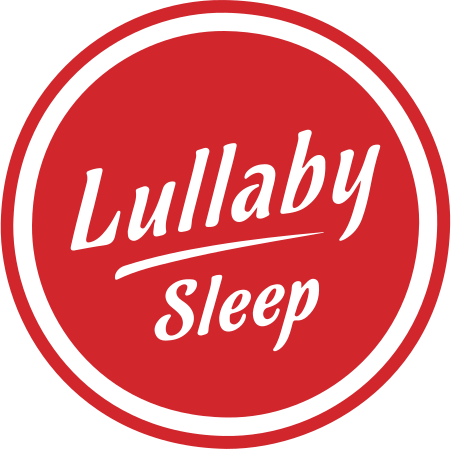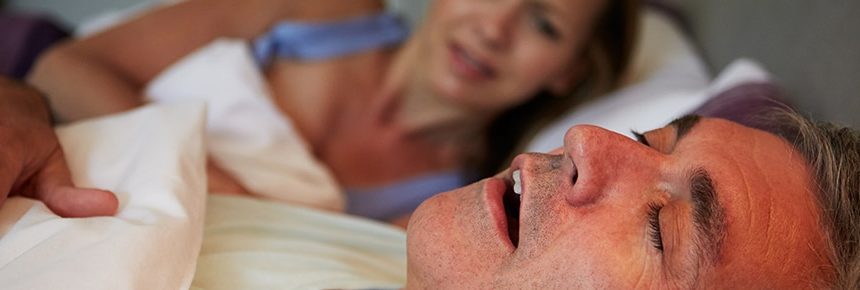Sleep apnoea is a disorder which causes either abnormal pauses in breathing or abnormally low levels of breathing during sleep. The pauses can be caused by a physical obstruction of the airway (Obstructive Sleep Apnoea) or a failure of the brain to stimulate the muscles which control breathing (Central Sleep Apnoea) and in some cases, a combination of the two. Obstructive Sleep Apnoea (OSA) is the most common type of sleep apnea. In some cases, OSA is accompanied by snoring, however, OSA can also occur with no snoring whatsoever. Similarly, snoring can be present without sleep apnoea, in fact, studies have shown that approximately 50% of adults snore, while only approximately 5% of the Australian population suffers from OSA.
OSA Symptoms
OSA sufferers are often unaware of their condition and do not realise that they are having difficulty breathing. In most cases, it is the sufferer’s partner who alerts them to the problem, as they notice the pauses in breathing. While many people with OSA may not realise that they have sleep apnoea, they are usually aware of a range of symptoms including:
- Excessive daytime tiredness
- Morning headaches
- Loud snoring
- Difficulty concentrating
- High blood pressure
- Waking up short of breath
- Irritability or depression
- Dry mouth on waking
- Pauses in breathing
Despite the seriousness of many of these symptoms, some studies suggest that up to 80% of all cases of sleep apnoea go undiagnosed. One of the main reasons for this is that many people are not aware of sleep apnoea, so they are unable to identify the symptoms. Another issue is that even when these symptoms are reported to a GP, they often result in a misdiagnosis. For example, recent evidence has shown that many people suffering from OSA have been misdiagnosed with Attention Deficit Hyperactivity Disorder.
Sleep apnoea is a serious medical condition which can have serious health repercussions including increased risk of high blood pressure, heart disease, diabetes, stroke, and depression. Snoring without sleep apnoea does not carry the same health risks as it does not involve a pause in breathing. In OSA the walls or muscles of the upper airway relax in such a way that they collapse and block the airway during sleep, reducing the supply of oxygen to vital organs. The brain briefly wakes up in order to clear the airway and restart the airflow, causing a significant disturbance to sleep, even though the sufferer may not remember these brief awakenings.
Snoring
Snoring, on the other hand, is caused by the vibration of respiratory structures due to obstructed air movement when sleeping. This is a result of an enlarged uvula, soft palate or tongue, or nasal obstructions. The vibration results in the rasping sound described as snoring. While snoring does not carry the same health risks as OSA, it does reduce the quality of sleep for the sufferer and their partner. Snoring also has a serious effect on relationships, and the need for one partner to sleep in another room to escape the noise has been identified as a major issue in many marriages. While snoring can occur without sleep apnoea, those who snore should consider having themselves assessed in order to know if they are also suffering from sleep apnoea.
While snoring and sleep apnoea are not the same, similar treatment methods are often effective for both conditions. The newest technology available is the NightLase treatment method which involves using a laser to shrink and tighten the areas of the mouth and throat involved in sleep apnoea or snoring. This revolutionary treatment reduces the effects of sleep apnoea and decreases the amplitude and frequency of snoring. Dr Mark Levi and world-renowned Dr Harvey Shiffman (Florida, USA) get an average improvement of 75% or greater using the NightLase laser treatment (with the Florida protocols).
Individuals suffering from sleep apnoea or snoring are advised to book a sleep assessment with a sleep specialist. This is especially important for individuals with sleep apnoea, due to the health risks of leaving OSA untreated.
To receive a holistic, customised solution for your snoring or sleep apnoea, using the most state of the art technology, call us on 1300375384 or email us on info@drlevis.com.au.

